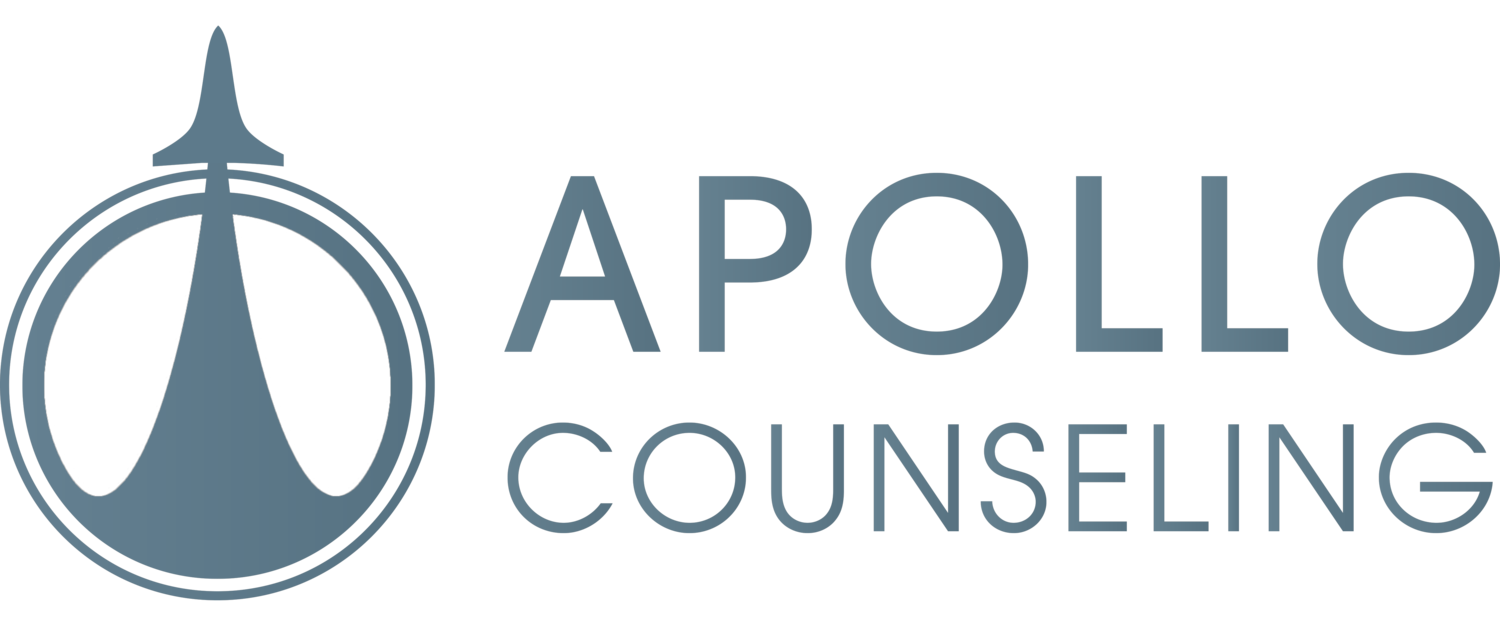What does it take to become an LPC?
Want to become a counselor but need help figuring out where to start? Read on to learn what it takes.
LPCs, or Licensed Professional Counselors, provide mental health services to individuals, families, and groups. Essentially, a counselor's training focuses on delivering evidence-based, client-centered therapy. Compassion and discretion are two essential qualities of a good counselor, but there are a few more steps to becoming qualified.
Here are the steps for those interested in pursuing a counseling career in Alabama.
Obtain a bachelor's degree.
This is the first step to becoming an LPC.
A four-year undergraduate degree is the foundation of a mental health counseling career. In addition, most professionals have undergraduate degrees in psychology, sociology, philosophy, or a related field.
Earn a master's degree.
Next, a master's degree in counseling is a requirement for US practitioners.
LPCs must complete 60 graduate semester hours at a college or university accredited by the Council for the Accreditation of Counseling and Related Educational Programs (CACREP). Most programs offer specializations such as clinical mental health, marriage, family, or school counseling. This program also involves a 700-hour practicum and internship working directly with patients under the supervision of a licensed professional.
Request and receive licensure.
Finally, you must obtain licensure for your state.
While some states have different requirements for licensure, a counselor is typically required to pass the National Counselor Examination and apply to be an Associate Licensed Counselor (ALC). As an associate, ALCs work under the supervision of another counselor until they complete the requirements to practice independently. For example, in Alabama, ALCs must complete 3,000 hours of counseling work before being eligible for independent licensure as an LPC.
Subspecialties
LPC licensing opens the door for practicing several other types of counseling approaches. Once an individual is licensed to practice, they can pursue specific clinical supervision to further their career.
EMDR Therapist
An EMDR (eye movement desensitization and reprocessing) therapist treats trauma-related conditions such as PTSD, anxiety, eating disorders, and more. Therapists utilize bilateral stimulation techniques to help the brain process traumatic events. To practice this type of therapy, you must have a valid certification as a mental health professional. Additionally, you must have two years of experience in your field of licensure with at least 50 EMDR sessions with a minimum of 25 clients. An EMDRIA Training Program is required with 20 hours of consultation by an EMDR Consultant in EMDR. The last step of gaining an EDMR certification is providing two letters of recommendation proving your ethics and character in the field.
Play Therapy
Registered Play Therapists (RPT) specialize in providing therapy to children through toys and games to increase emotional resilience.
To become an RPT –
One must complete 150 hours of play therapy instruction.
Additionally, at least 24 clock hours of post-graduate-level play therapy continuing education is required every 36 months.
Cognitive Behavioral Therapy
Cognitive behavioral therapy, or CBT, is a form of psychotherapy in which therapists work with clients to correct thought patterns that are causing them distress.
CBT encompasses a broad range of therapy types, similar to the educational requirements. However, a master's degree is typically the most appropriate course if you use any psychological approach.
TF-CBT // Trauma Focused CBT
Trauma-Focused Cognitive Behavioral Therapy (TF-CBT) helps children address the adverse effects of trauma while developing practical coping skills. This evidence-based treatment successfully resolves many emotional and behavioral difficulties associated with single, multiple, and complex trauma experiences. To practice this treatment, clinicians must complete eight steps established by the TF-CBT certification program. The first two are a master's degree or above in a mental health discipline and professional licensure within your state.
You can find the following six steps for completing the TF-CBT Therapist Certification Program here.
Solution-Focused Brief Therapy
Solution-Focused Brief Therapy (SFBT) is a short-term, goal-focused therapeutic approach. It incorporates positive psychology principles and constructive solutions rather than focusing on problems. SFBT is a vehicle for achieving and sustaining a desired behavioral change.
Gottman Method
Interested in couples therapy?
The Gottman Method is a form of couples therapy to reduce conflicting verbal communication. The goal is to increase empathy and respect by removing barriers. The Gottman Method certification process builds on everything you've learned through your training and clinical work. It includes three levels of training and a final certification track where you are paired with a mentor to perfect your skills.
Prepare and Enrich
Certified Prepare/Enrich facilitators help foster resilient relationships and marriages.
Www.prepare-enrich.com states, "Our mission is to equip marriage champions, couples, and families with evidence-based skills and insights to foster healthy relationships."
Gain this credential by completing one of the following –
Live Workshop: In live workshops, trainers guide participants through a six-hour course with 12 sections.
Online Training: Go at your own pace with 12 teaching videos and seven videos of facilitators working with couples.
Motivational Interviewing for Addiction
Motivational Interviewing (MI) is a counseling approach that strengthens a patient's motivation toward change. The four guiding principles of MI are as follows –
Engaging – Getting to know the client and establishing a trusting and respectful alliance.
Focusing – Coming to a shared idea about the main focus of a client's recovery.
Evoking – Bringing out the client's own arguments for change.
Planning – The client is willing and able to envision change and how they will manifest it.
Psychwire.com offers continuing education credits for counselors or healthcare workers who complete their Motivational Interviewing for Addiction training. This six-week program demonstrates how to practically apply Motivational Interviewing with clients who struggle with substance use disorders.

